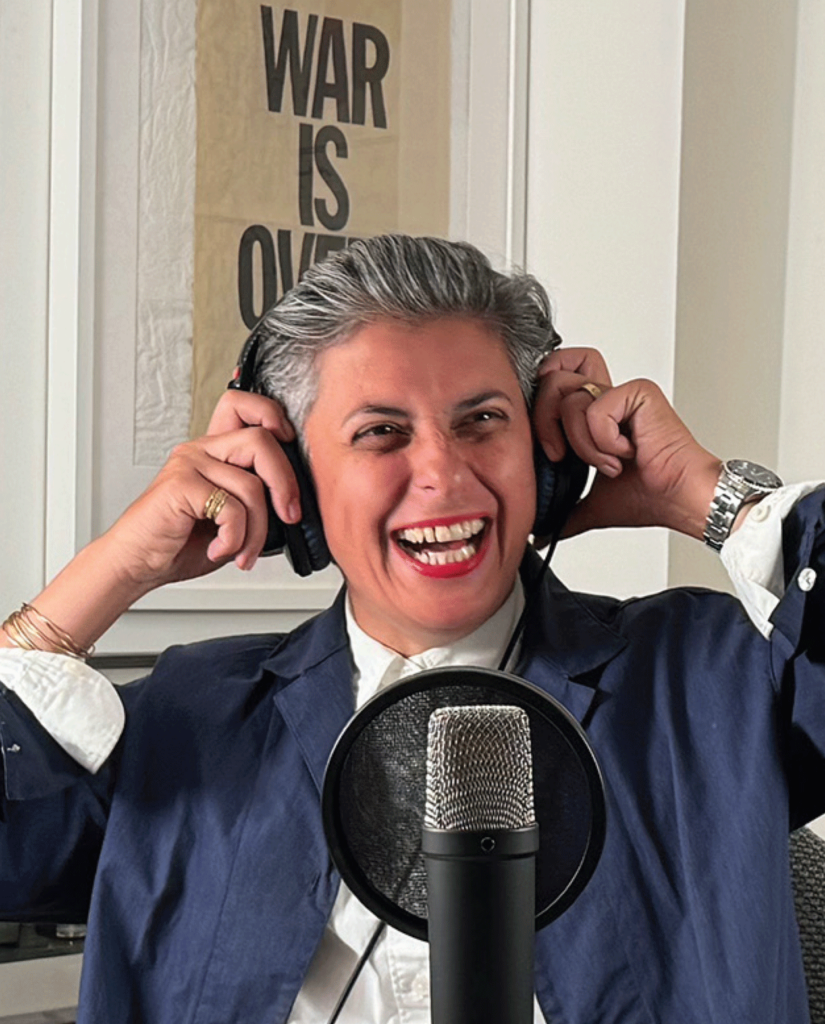Samira Mohyeddin’s On the Line Media seeks to address the “reckoning” journalism faces

Samira Mohyeddin is editor in chief and founder of On the Line Media (OTL), a digital journalism organization. A former CBC Radio host and producer, she doesn’t shy away from identifying as a queer reporter from Iran or withhold critiques of traditional news media. A true multi-talent, Mohyeddin has a background in theatre studies from the American Musical and Dramatic Academy in New York City. She completed her undergraduate degree in religion and later earned a master’s degree in gender and modern Middle Eastern history from the University of Toronto. In 2023, she quit CBC to start OTL—and the rest is history.
Reema Najjar: What inspired your initial pursuit of journalism?
Samira Mohyeddin: I’m a child of revolution. My parents immigrated to Canada from Iran at the outset of the Iranian revolution in 1979. At the time that we arrived, the Iran hostage crisis had just started. My journalism has always been rooted in justice. It became a great place where I could use all of the things that I learned in theatre, in a weird way. I melted these things together—the theory I learned, my master’s studies, theatre, and journalism.
Why did you first decide to work at CBC?
CBC is the gold standard. When I was a young journalist, that’s where you wanted to land. At the same time, it allowed me to do different things, from hosting podcasts to being a producer, to co-hosting.
Were you able to pursue stories that didn’t pertain to your identity?
With The Current, we did everything. I had the opportunity to go to COP 26, for instance. I went to the Shetlands in Scotland and covered wind turbines. But when it came to Palestine, things got murky. This was something I knew theoretically from my studies. So, of course, you look at method and theory on how the Middle East is covered throughout the world. It wasn’t until I went into newsrooms that I realized: Oh, there is a real exceptionalism here that doesn’t exist when we do other stories. It’s very blatant.
What was the defining moment that inspired your resignation on November 17, 2023? Was your tone intended to be celebratory or professional?
It was an absolute celebration. In 2022, there was an uprising in Iran, the Women, Life, Freedom Movement, which was a direct translation of what people were saying in the streets: Zan, Zendegī, Āzādī (زن زندگی آزادی). I was getting a lot of inquiries from places like ABC, BBC, NBC, and even high schools asking me to come and give an analysis or do an interview, and CBC was always saying no to me. Then October 7th happened, and I started getting into trouble for some of my social media posts. My managing editor was saying, “You can’t say these things.” For me, it’s a question of truth and facts. When you put an Israeli spokesman on television, and they lie to your audience—that’s not benefiting the general public. I don’t begrudge CBC. These are their journalistic standards and principles, but they weren’t going to be mine, not during a genocide.
Since resigning, what has been the most notable difference between your role now as founder of On the Line and your role as a CBC reporter?
Journalism is having a bit of a reckoning right now. It’s not meeting what the audience needs. The fact that Canada is pretending that people don’t get their news from social media is not helping. I want to fill that void, so I’ve started a YouTube channel. I’ve got a Patreon going. I’m still putting things on Instagram, which I am not making money from. To me, journalism is a public good. It should be free. So I don’t ever want to take money from stakeholders. For me, it’s about organization, time management, and being able to say what I like—that’s priceless.
What was the lightbulb moment that inspired the creation and foundation of On the Line?
I was just so tired of being stifled. I felt that my knowledge of the region was a liability for my employer, not an asset. I’m too old to lie, to pretend I don’t know things. I’m supposed to pretend there’s no such thing as apartheid. I can’t do that song and dance—I refuse to do it. Media complicity in this mass atrocity has to be talked about.
What can Canadian newsrooms learn from independent media voices?
Tell the truth about what’s going on, what you’re seeing, and how you’re covering it. I feel like there is such a level of cowardice. If you want to push a Zionist narrative, be truthful about that. Have the guts to say, “You know what? We support Israel.” One of the biggest things they can learn is to get back to the basics of journalism: truth and facts.
This interview has been edited for length and clarity.
About the author
Reema Najjar is a final-year undergraduate journalism student at Toronto Metropolitan University. She has a niche within arts and culture journalism, as she enjoys capturing local concerts, runways, and event photography. As a queer Palestinian photojournalist, she’s interested in covering stories that centre around communities with minimal mainstream media representation. When she’s not on the hunt for her next shoot, she could be found lounging with her cat Charlie or seen frantically researching her next special interest.

